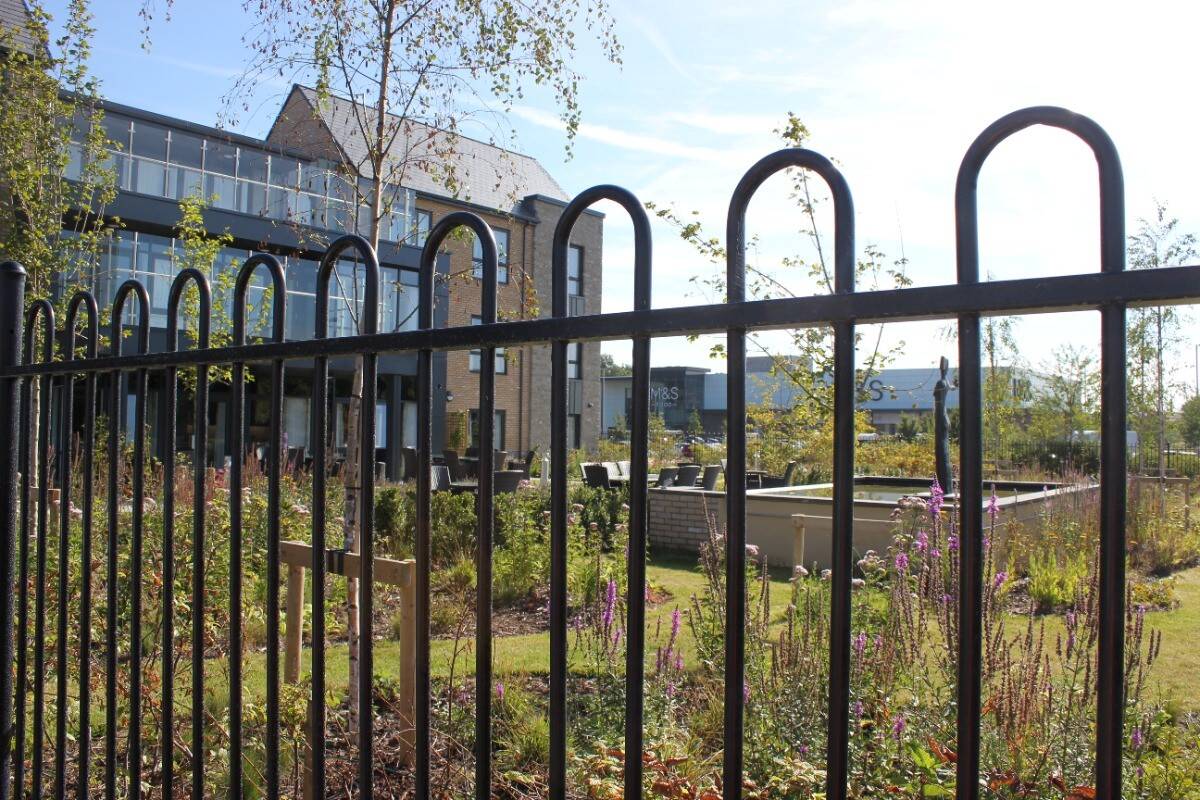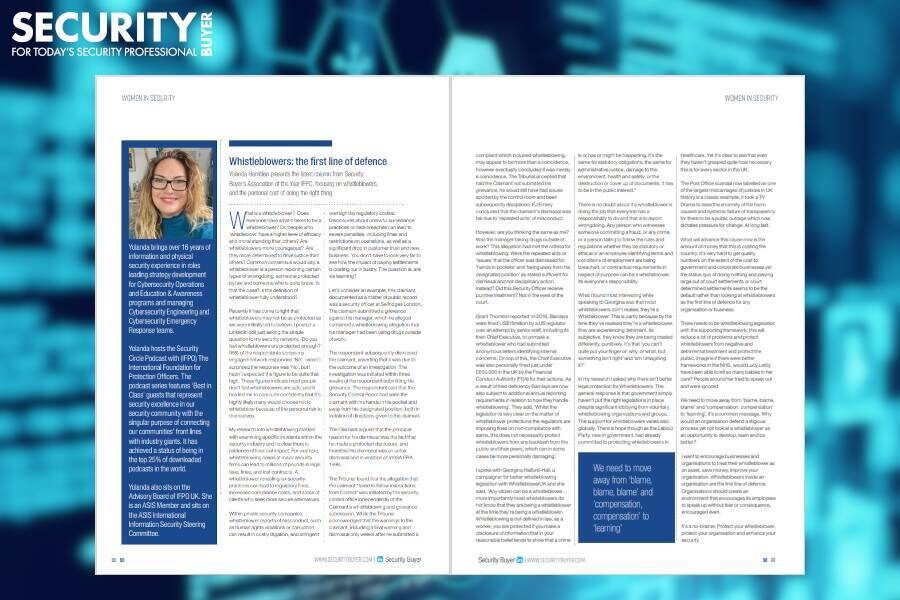The chief inspector of constabulary for England and Wales claims police are being disadvantaged by the frustrations of using old and outdated technology.
Tom Winsor used his first major speech in the role at the Royal United Services Institute for Defence and Security Studies to claim taxpayers could save money if the police focused on would-be offenders and identified the most prolific crime hotspots.
He identified access to better technology as a key area in improving police efficiency, citing current “primitive” devices that officers are forced to work with as limiting their ability to combat crime through prevention.
The chief inspector said technology, and the frustrations it causes officers in their daily operations, was one of the principal areas that “must be improved markedly and urgently”.
“It is remarkable that the technology available to the police, particularly in their interaction with other parts of the criminal justice system, is as rudimentary and as primitive as it is. It haemorrhages efficiency,” added Winsor.
“The frustrations, the screaming frustrations, of frontline police officers who struggle with outdated and antiquated systems is a considerable matter of importance.”
Winsor said police need to spend more time on preventing crimes rather than catching criminals, stating that prevention was not just down to the police but a more far-reaching issue for families and schools.
“Crime prevention is not the sole obligation of the police; it is the obligation of every citizen. Parents and families, as well as schools and other educational institutions, must instil in children a strong appreciation of right and wrong,” he stated.
Commenting on Winsor’s speech, David Zinzan, lead on crime prevention for the Association of Chief Police Officers, said crime prevention sits “at the core” of the British policing model.
He added: “Preventing crime involves using intelligence and technology to target criminals and crime hotspots, having neighbourhood officers on the streets getting to know communities and resolving problems, and working with planners to design out crime.
“The police service will continue to use tried and tested strategies and look for new evidence based initiatives to prevent crime.”




























